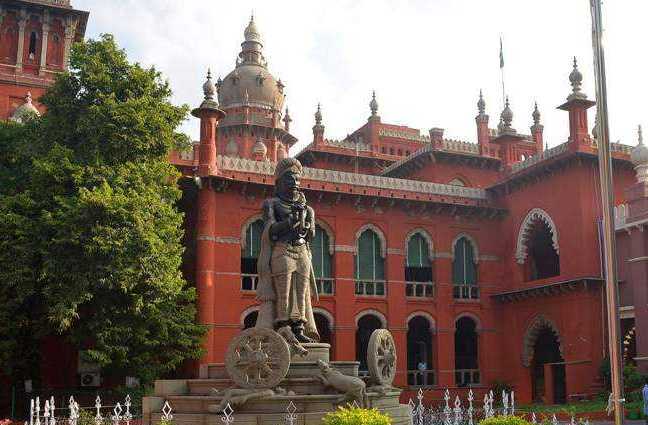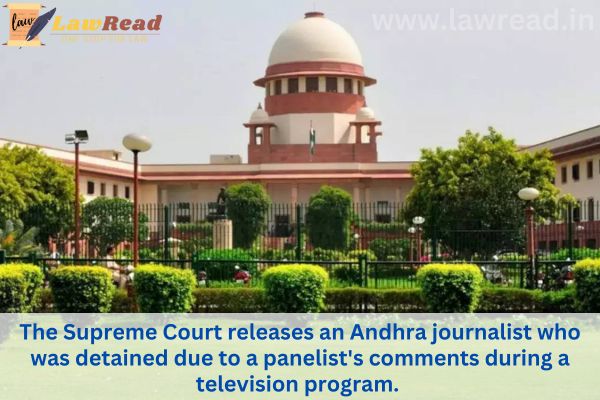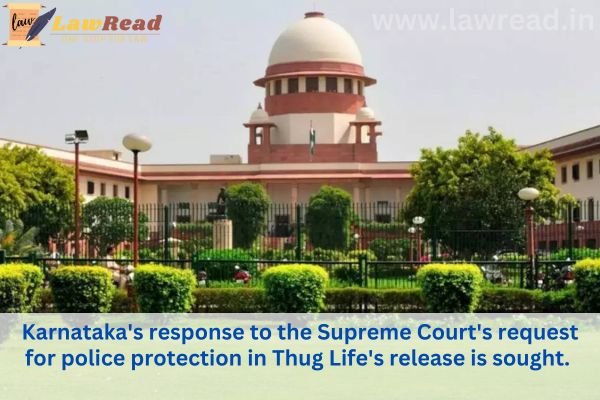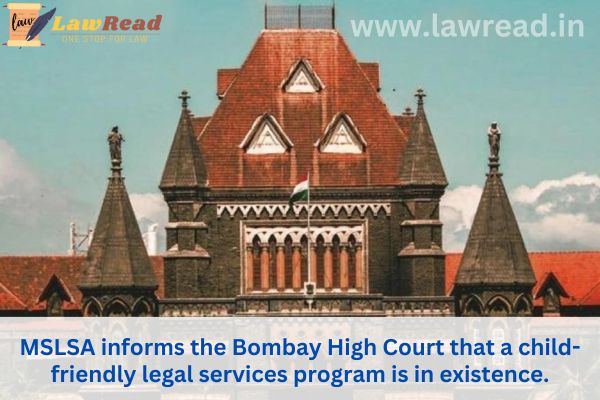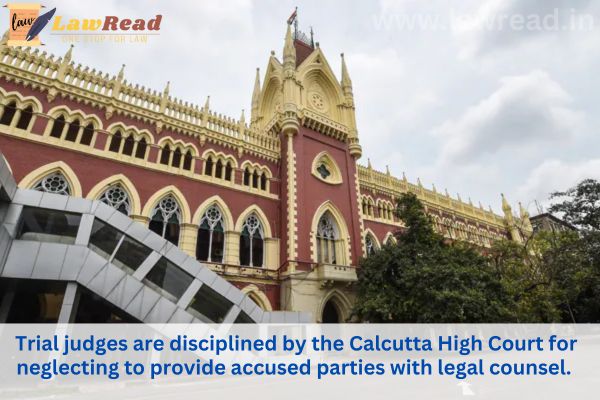News
"Disappointed": Supreme Court dismisses POCSO cases against teacher in Kerala High Court
The Kerala High Court's decision to dismiss FIRs against a computer teacher who was charged with repeatedly harassing female students sexually was being appealed to the highest court.
.jpg)
The Kerala High Court was criticized by the Supreme Court on Wednesday for its "insensitive" handling of a case involving claims of sexual harassment against a school computer teacher who was accused of acting inappropriately toward many female students. [X v. Rajesh Kumar]
A bench consisting of Justices Surya Kant and N Kotishwar Singh expressed disappointment with the way the High Court erred in dismissing several First Information Reports (FIRs) against the respondent that were submitted under the Protection of Children from Sexual Offenses (POCSO) Act.
The majority of the victims are members of the minority population, which the Court said in an oral statement was particularly troubling.
"Respondent No. 1 petitioned the High Court to have the FIRs quashed. At this point, we are disappointed with the way the High Court handled the case in an insensitive manner, disregarding the fact that the accused was a teacher and the victims were his students. The High Court concluded that "it is not possible to infer from the evidence that such act were with sexual intent." According to the police's preliminary evidence, there are sufficient grounds to put the respondent on trial. We don't understand the High Court's interpretation that Section 7 is unintelligible,"
the court stated.
A plea against the Kerala High Court's ruling to dismiss FIRs against a computer instructor accused of repeatedly harassing female pupils sexually was being heard by the court. The accusations included sending offensive messages via WhatsApp, acting inappropriately, and making offensive remarks.
The Court noted that the High Court had incorrectly and prematurely concluded that the accused's actions lacked "sexual intent," a necessary component under Section 7 of the POCSO Act, despite grave allegations, including the accused asking "obnoxious questions" like how many sanitary napkins the girls had used.
The Supreme Court called it a "glaring example of the victimisation of victims," noting that the victims' statements, with the exception of one made by a 19-year-old, were not initially recorded, suggesting that the accused had sway.
Five FIRs were registered against the respondent under the POCSO Act only after statements from a few pupils were obtained in response to a writ petition that was submitted to the High Court.
"With the exception of a victim who was 19 years old, the statements of the victims were not recorded, suggesting that the accused has some influence. A writ petition was then submitted to the High Court. Five FIRs were filed against Respondent No. 1 under the POCSO Act after some of the pupils' statements were recorded, the Court remarked.
The Court further stated that the initial evidence presented to the police, which included statements from a 19-year-old complainant and others, initially established a case that merited a trial.
"We don't comprehend the High Court's interpretation that Section 7 is unintelligible. The Court bemoaned, "The elements required to put the respondent on trial are proven."
The Supreme Court overturned the High Court's quashing judgment and ordered the respondent to stand trial, ruling that the High Court's pre-trial interference was unjustified.
The top court ordered that the victims be treated as protected victims.
The guilty instructor should be suspended by the school administration, the court also stated. Nonetheless, it gave the management the freedom to carry out an impartial investigation in accordance with the relevant service regulations.

